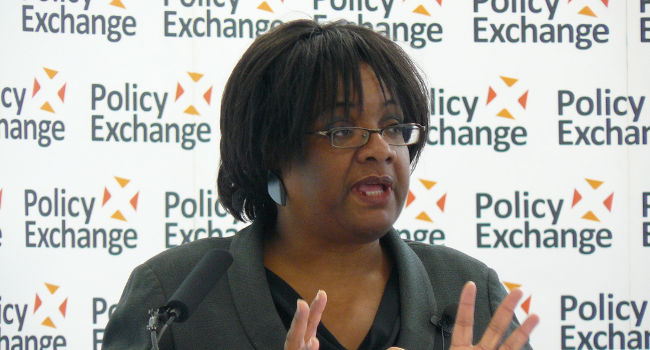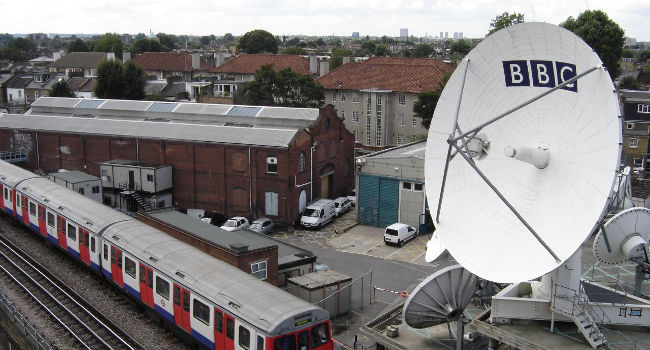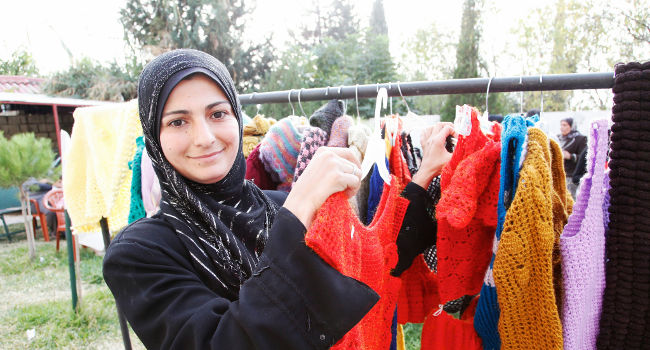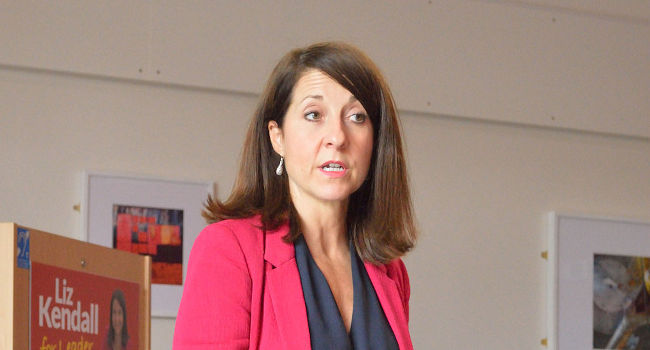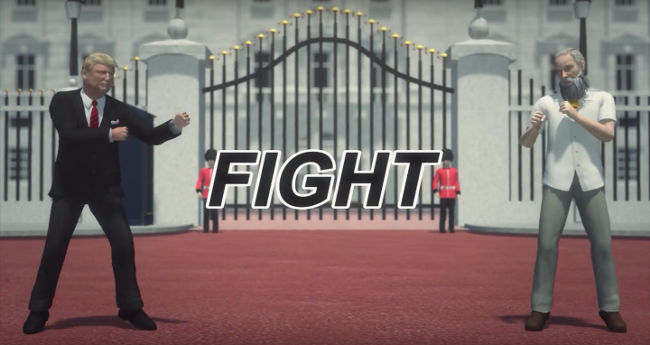“I am saying to you in the 21st century, in the most international, global city in the world if you want to know what the leader of London looks like, you are looking at me, the next mayor.”
So spake Diane Abbott, MP for Hackney North and Stoke Newington and candidate for Labour’s London mayoral candidate, in a direct attack on her rival Gareth Thomas earlier this summer.
Thomas’ problem, you see, is that he is middle-aged, male and white. And for many on the Left, previously vociferous campaigners against racism, the “pale, stale male” must now be discriminated against, either in the ballot booth or by barring them from standing at all, as Labour has done with all-women shortlists.
For the daughter of Jamaican migrants it’s hardly the first time Abbott has opted to play the race card. Her past comments on white people include a slur that they enjoy a good game of “divide and rule”.
That at least had some grounding in history, but her claim that London looks more like her than Thomas is in fact untrue. Data from the 2011 census showed that 60 percent of the diverse British capital is still white, compared to a mere 13.3 percent black.
But if you find all this dissecting of race a bit uncouth and 20th century you can feel yourself increasingly marginalised in the bigoted air of the Left. Attacks on “pale, stale males” are deemed appropriate by a brand of nutters that believe racism cannot happen against whites and sexism cannot happen against men.
Such slurs are not even confined to the fringes. In the Labour leadership campaign Yvette Cooper has attacked Andy Burnham for wanting to lead the party whilst being male, and at a hustings the television presenter and moderator Nicky Campbell tried to skewer Burnham over the party’s failure to elect a female leader.
The argument, if there is one at all, is that our parliaments, councils and executive offices need to look more like the country they serve. This means more blacks, more Asians, more women, and fewer of the aforementioned pale, stale types.
But there are problems with this notion. Firstly, there is no guarantee that electing, say, a black disabled lesbian would advance the interests of black disabled lesbians. Margaret Thatcher, still Britain’s only female prime minister, arguably had little interest in women’s rights in and of themselves, and some would claim her premiership was a net negative for women.
Even if the Milk Snatcher cared only about women’s rights, intentions are not the same as results. Policies intended to help a given group often backfire, whether it be the minimum wage pricing poor people out of a job or rent controls damaging housing stock.
It is also worth pointing out that politics is a job that – like any other – requires skills and connections that are not equally distributed around the population. Most industries have disproportionate ethnic compositions that reflect the varying backgrounds of different groups – the Irish dominate construction, for instance.
Why politics should be an exception to this rule is a mystery. Getting into politics requires skills of negotiation, logic and abstract thinking. As academic results prove ever year, these attributes are not distributed evenly among the population, which means some groups will have the advantage.
But if I’ve already lost you, perhaps this last example will change your mind.
According to estimates from the Board of Deputies of British Jews, there are now 19 Jewish MPs in the Commons. But in the 2011 Census some 263,346 people in Britain described themselves as ethnically Jewish, about 0.4 percent of the population, meaning that if Jews were proportionately represented there would be only 2.7 MPs.
If one goes by the logic of the identity brigade, there are not just too many pale, stale males, but too many Jews as well. It is hard to provide a better example of how bigoted, depraved and despicable the principle of ethnic proportionately is.
The final point, and the ultimate reason that identity politics stinks, is that it divides countries across ethnic lines. The Scottish National Party’s rise, for all the posturing of “civic nationalism”, has opened a fissure between the English and their northern neighbours, promoting an idea that we are competing rather than collaborating with one another.
Abbott’s remarks add the “problematic” – to borrow from the lexicon – element of race to that, leveraging the notion that different ethnic communities should be competing with one another for attention. Yet it is not distinct interests that bind a country together, but mutual ones, and among London’s varying diasporas the latter greatly outnumber the former.
As such her bigoted politics should be sent back to the fringes where they belong. Vote for a candidate because you like their policies, and because you think they will make London a better place. Don’t vote for them for their race or sex.
Image Credit – Diane Abbott, May 2012 by Policy Exchange
